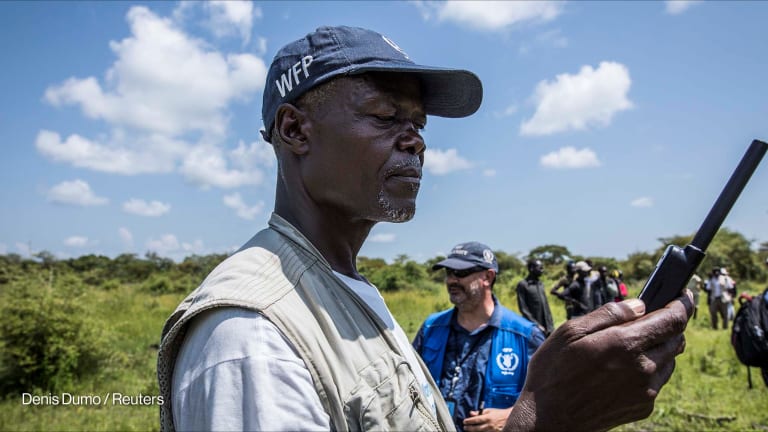On March 25, the government of Thailand organized cross-border humanitarian assistance into Myanmar. The organization through which they chose to deliver the aid was the Myanmar Red Cross. This was met with outcry from factions in and outside of the country who claimed the Myanmar Red Cross was neither independent nor neutral.
The allegations were rooted in the specifics of the Myanmar context, but in essence, they resembled criticisms made against Red Cross and Red Crescent societies in Afghanistan, Syria, and in a range of other complex emergencies. The allegations stem from a belief that if an aid organization’s leadership is part of the establishment, with all its networks, accountabilities, and pressures, then it can’t be independent, neutral, and impartial when it comes to humanitarian assistance, especially if the authorities are taking a close interest in who gets assistance and who doesn’t.
This perspective is worth unpacking. I have seen more and more countries turn to their own national humanitarian organizations to respond to crises, and I suspect the tension between humanitarian principles and political pressures on national humanitarian action is set to grow. It needs to be handled with a pragmatic rather than judgmental approach.








